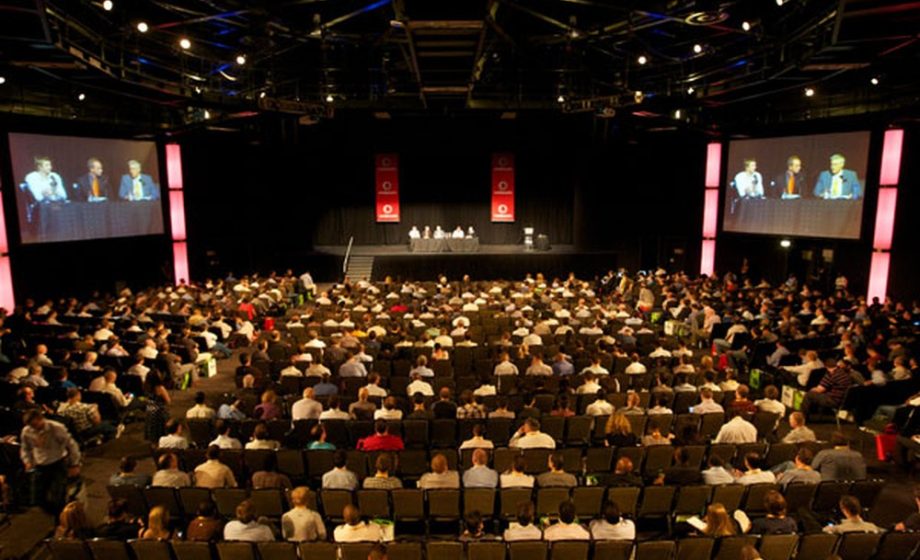Does anyone else feel like we’re on tech conference overload in Europe these days?
It feels to me like we’ve reached the saturation point. Of course, not all tech conferences are the same. What makes a great conference? Pardon the cliché, but I would have to say, ‘the people’. Specifically, the speakers/panelists, followed by the delegates.
In the wake of the Mobile World Congress and 4YFN conferences that started the month, (and since I must be the only person not in Austin right now), I reflected on a key catalyst which can distinguish a brilliant conference from a mediocre one: the moderators.
Moderating a panel at a tech conference requires a unique combination of talents. I admire the strong ones. I submit that the most effective moderators avoid the following pitfalls. Here are my five pet peeves about conference moderation in the form of blunt suggestions to those who do it:
- Don’t mistake your position on stage for audience interest in you. With a few rare exceptions, the audience is attending your panel to hear the panelists’ views, not your own.
- Don’t repeat the same question to every. single. panelist.
- Don’t run out of time for questions at the end. If you do, then you’ve failed as a moderator.
- Don’t allow a questioner from the audience to monopolize the microphone. Cut them off with a curt, “State your question, please” to those audience questioners who think the q&a is a chance to pitch their story or give a lesson to the rest of the house.
- Don’t pester a speaker to divulge some sensitive information if they clearly cannot, like a rumored yet unannounced fundraising or confidential m&a talks. Fine to try once, but don’t waste another 10 minutes trying to trap them with trick questions on the same topic. You may think you’re Woodward & Bernstein, but for most in the audience this just comes across as annoying and a missed opportunity to hear more interesting insights from the panelist.
Now on a more positive note, for some good reading on how to moderate a panel, start with this excellent and comprehensive guide from Jeremiah Owyang and then read the links.


